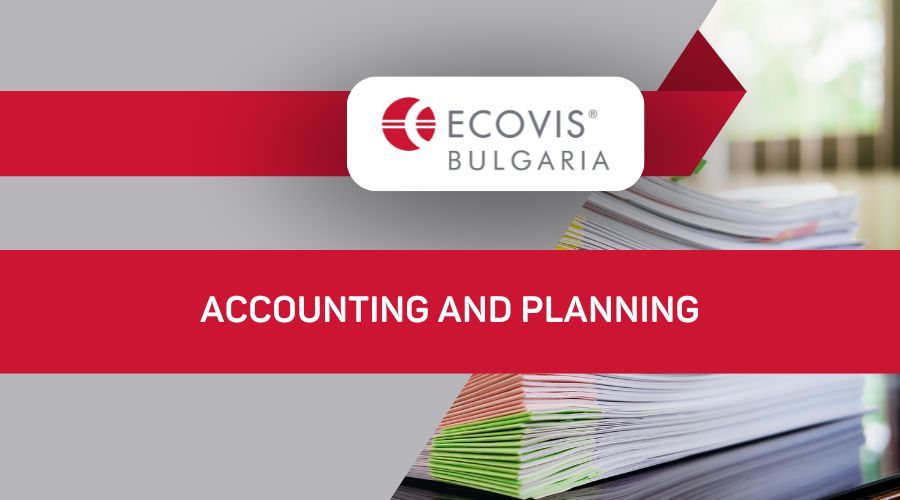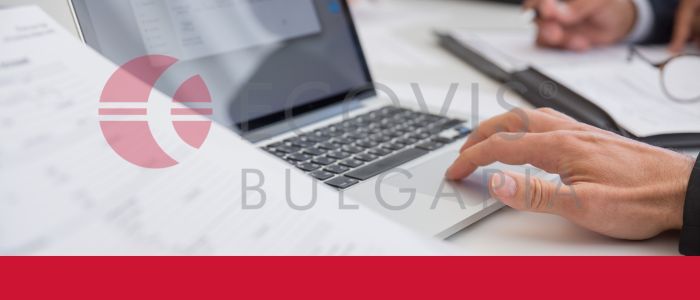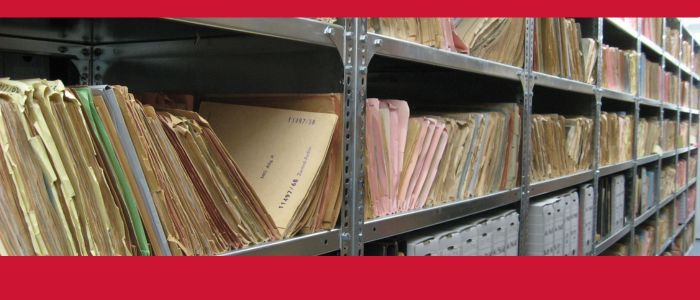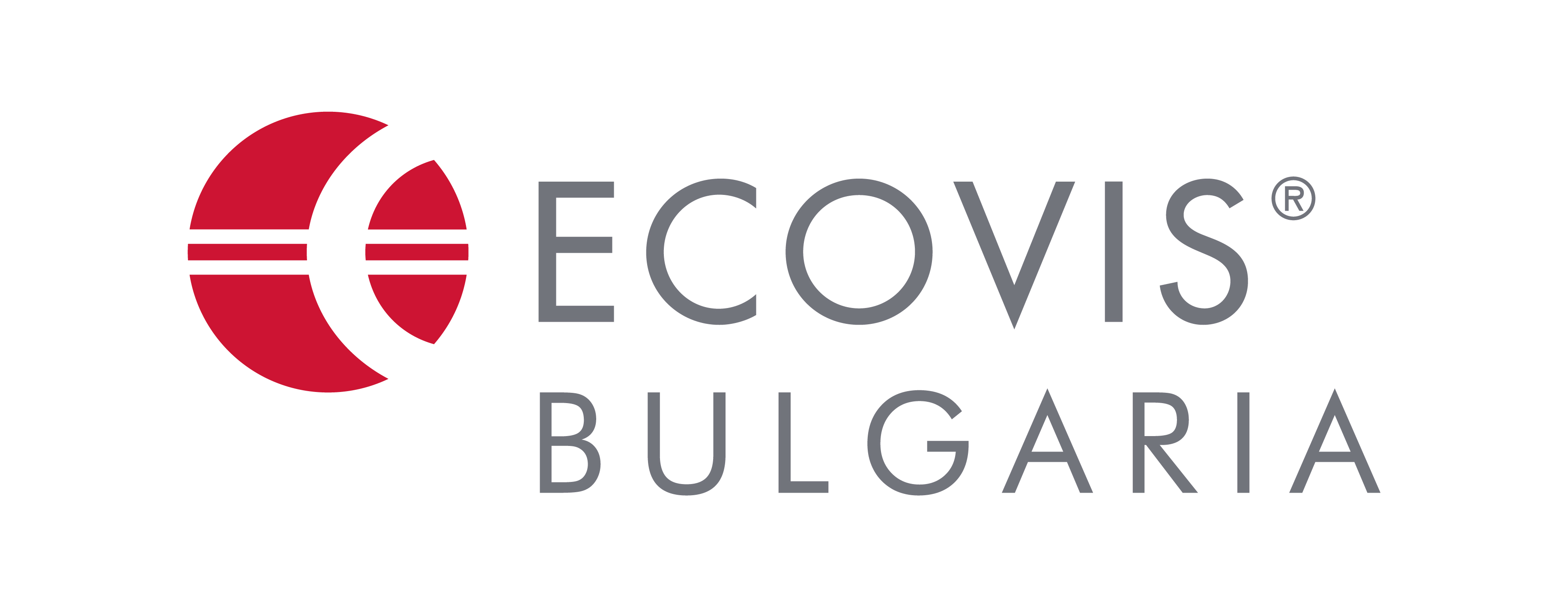
Zero-rated or VAT-exempt delivery | Ecovis
Ecovis | 12 December 2024
Wondering whether to opt for zero rate or VAT exempt supply for your business? Accounting and planning is necessary for the proper functioning of any business. By doing so, you as the owner, calculate your income and losses and create plans for the future. Accounting reports give a clear picture of the state of the business and the effectiveness of the internal and external processes in place. Both potential problems and new opportunities for development come to light.
In this article by Ecovis Bulgaria we will help you to make your choice between zero rate or VAT exempt supply. We'll look at their similarities, differences, and which industries in and outside the European Union (EU) use them. We'll also give you tips on choosing for individual business niches to help you make the right choice. Proper bookkeeping is imperative for a successful business, so let's get started!

What are Zero Rate or VAT Exempt Supply?
Legal language is often complex and incomprehensible to people. When they hear about VAT and rates they imagine complex laws, a huge amount of maths, formulas and endless paperwork. Although delving deeper into the subject matter will make these concerns a reality, the truth is that for most the terms are easily explained.
The difference between Zero-rated or VAT exempt supply is mainly in the legal and accounting status of the transactions and the right to tax credit. Theoretically, not every company is obliged to register for VAT (Value Added Tax) in Bulgaria. But there are legal regulations that oblige businesses to do so:
- A business is obliged to register for VAT if its turnover exceeds BGN 100 000 in the last 12 calendar months.
- Turnover includes the sale of goods or services subject to VAT.
- The company buys goods from companies in the EU and the value of these purchases exceeds BGN 20 000.
- The business sells goods or services to companies in the EU.
- A business receives services from suppliers outside Bulgaria (e.g. marketing, consulting, hosting), it must register under Article 97a of the VAT Act even if the turnover is less than BGN 100,000.
But even if your business does not meet these requirements, voluntary VAT registration is advisable. From a financial point of view, this way you are entitled to a VAT refund for the costs. On the business side, you will get more trust from partners and customers, especially when dealing with international companies.
Now that we're familiar with the principles, let's find out how you can take advantage of Zero Rate or Exempt VAT.

Which businesses choose Zero Rate or VAT Exempt Delivery?
** Zero-rated or VAT exempt supply** are key terms in tax legislation. They define how businesses in different niches apply VAT when supplying services and products. When registering a company and starting a business in Bulgaria it is important to be aware of the differences.
Businesses benefiting from zero-rating are mainly those that carry out international activities or meet specific conditions laid down in the VAT law.
What is special about companies that rely on VAT exempt supply is that they are registered under the Value Added Tax Act. They rely on the fact that their transactions are exempt from taxation but they are not entitled to tax credit.
These two mechanisms play an essential role for international trade, banking services as well as sectors of public importance such as health and education.
To properly maintain business processes, both types of businesses benefit from accounting services from experienced firms. Apart from accounting, the professionals can also help them with legal services, especially when it comes to large transactions.
In the following lines, we will look at the main business niches that benefit from Zero Rate or VAT Exempt Supply:
Zero rate
As mentioned earlier, these are companies mainly performing international services. This means that VAT is charged on the supply or sale of products and services, but at 0%. However, the transactions are still taxable by law, albeit at 0%. It is key to note that in these transactions the company retains the right to recover the VAT paid on the costs associated with the activity. Examples of such businesses are:
- Companies exporting goods outside the EU. Examples are textile firms exporting to non-EU countries. As well as manufacturers of machinery for export to America or Asia.
- Transport and logistics companies. An obvious example is a logistics company transporting goods from Bulgaria to Turkey or another non-EU country. It will charge 0% VAT on the goods, but will be able to recover the VAT paid on fuel and equipment.
- Travel agencies organising holidays outside the EU.
- Businesses supplying goods within the EU, e.g. a company in Bulgaria selling goods to a company in Germany (intra-Community supply).
VAT exempt delivery
Earlier in the text we looked at the principles of VAT exempt supply. In short, these are businesses or owners who supply services or products exempt from VAT law or outside its scope. Everyday examples are:
- Private hospitals, clinics, dentists and psychologists who provide medical services. For example, a private health clinic will not charge VAT on the medical services provided, but will not be entitled to recover VAT paid on equipment purchased.
- Private schools, colleges or universities providing training programmes, and companies organising seminars or vocational training.
- Insurance companies, brokers and banks providing loans or payment services. Exceptions are banking services related to asset management or real estate.
- Theatres, museums, galleries organising cultural events.

For proper bookkeeping and a choice between Zero Rate or VAT Exempt, you should take advantage of tax services from experienced accountants. This way you will make the right choice and benefit from the tax advantages provided. Learn more from the world of accountancy from our blog.
 Make an inquiry
Make an inquiry